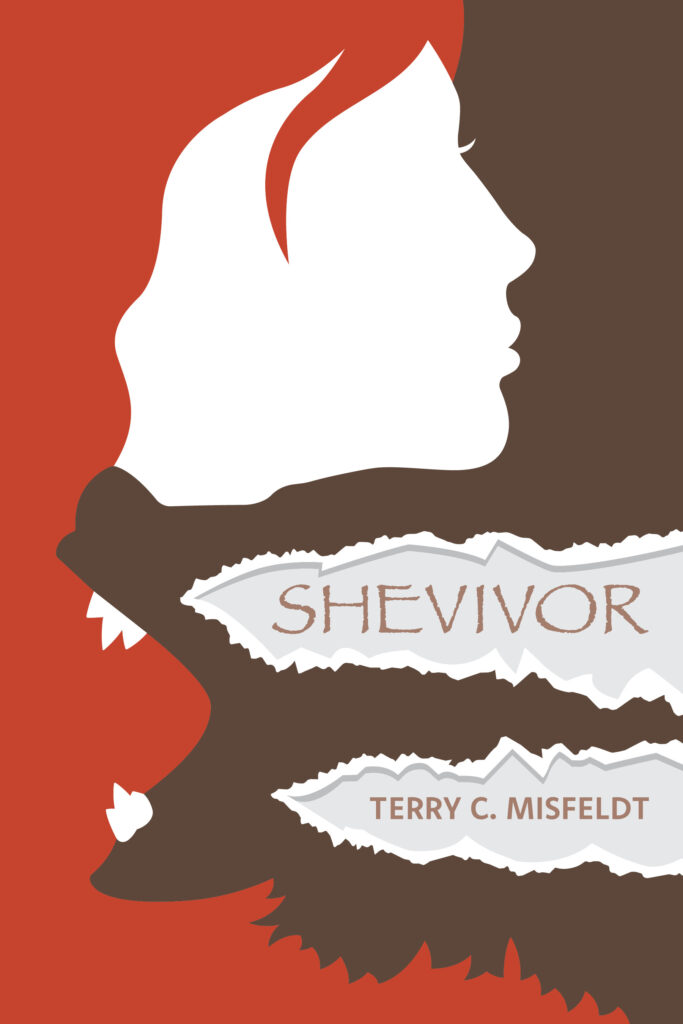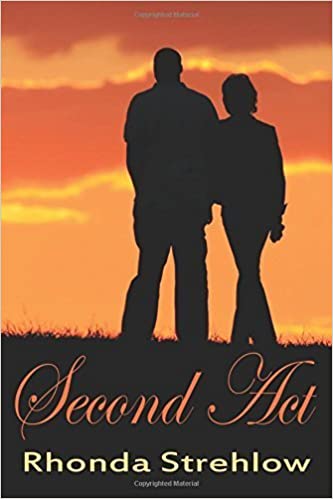By Terry C. Misfeldt
In this day and age when naysayers believe print books are going the way of dinosaurs, it is ever more important that the cover art of your book grabs a potential reader’s attention.
Print on demand (POD) publishing today demands even more that your artwork is appealing since your book will most likely have a soft cover. That means paper instead of a stiffer, non-printable binding.
Now, if you are getting published in hard cover, there will be a wrap-around cover which will still require cover art. Even E-books have a need for cover art.
How do you create cover art that sells? I have long held the belief that copy sells while art enhances, but selling books with cover art requires both.
Romance writers know their cover art needs to show couples in a passionate embrace. Poets have more latitude in what graces their covers. Science fiction writers need “out of this world” artwork to entice potential readers.
Elements of strong cover art include: 1) Attractive color schemes; 2) Text (like your book title) that stands out from the background and uses an appropriate font; 3) Images that convey the essence of your book and entice people; 4) Catchy blurbs to garner attention; and, 5) a Professional image of you, the author.
Consider hiring a professional graphic artist to create your cover. Many publishing companies have cover artists on staff to assist you in that process…often at a steep cost. An option I employed with my first novel was contacting the local university’s graphic arts department to see if any students wanted to attack my cover. After several drafts and a few hundred dollars, I got an excellent (IMO) cover, thanks to Angela Collier. Can you guess what the novel is about?


